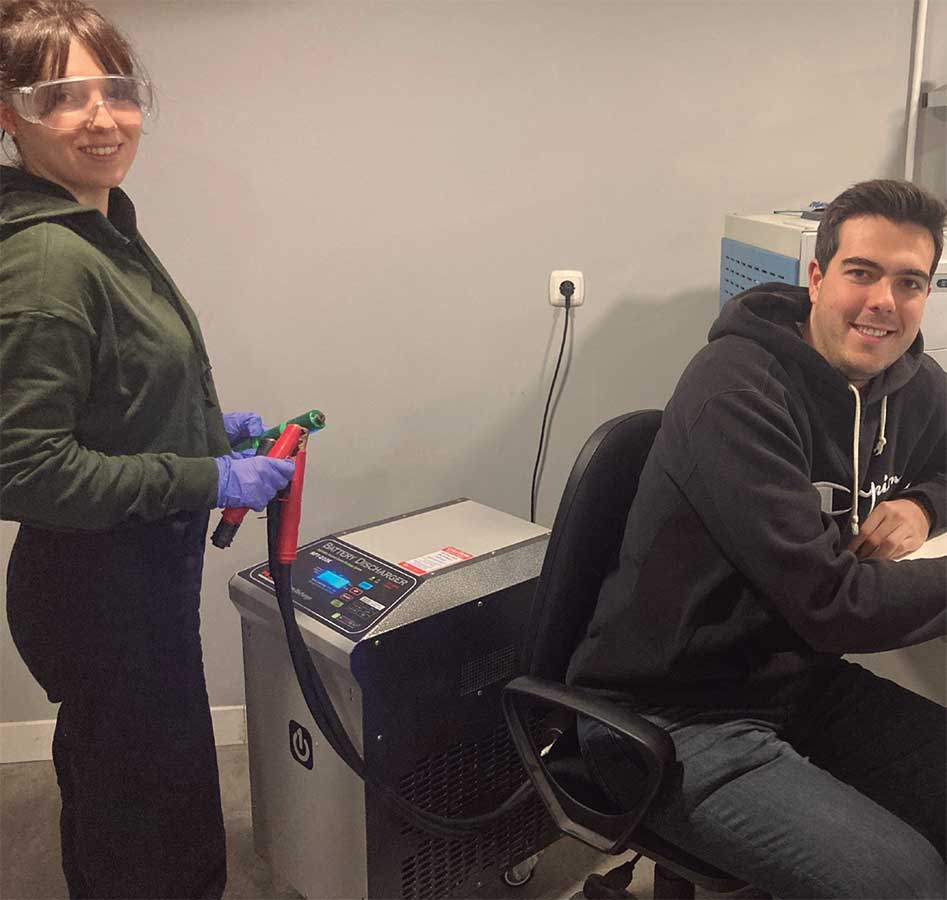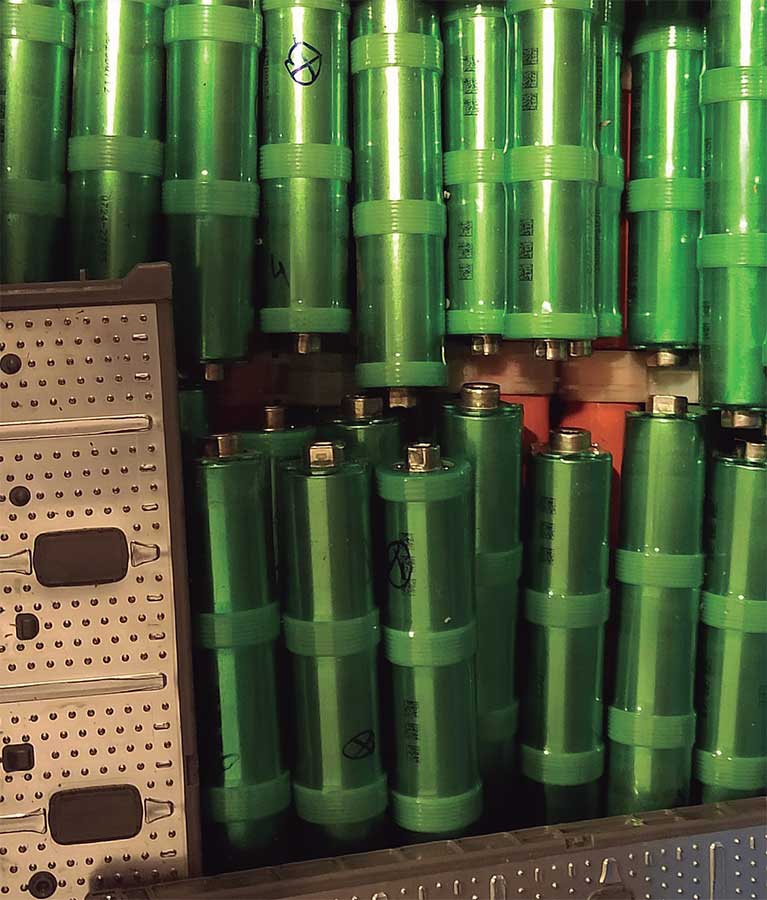TRIBAT
CRUSHING, INERTISING AND RECYCLING LITHIUM-ION BATTERIES
INNOVATION TREE (ITREE) IS A TECHNOLOGY-BASED COMPANY FOUNDED IN 2020 with the aim of developing and implementing advanced recycling processes to reduce waste and recover critical raw materials considered strategic by the EU. Lithium-ion batteries (LIB) are increasingly being used especially in electric cars (EV), which is emerging as the vehicle of the future. It is estimated that by 2030 there will be more than 40 million EVs on the road in Europe, but currently there is no established technology to recycle them. iTree is developing a hydro-mechanical technology to recover used metals and manufacture new LIBs. Currently, less than 5 companies worldwide can recycle these elements; and recovery and processing efficiencies are low.

DRIVING FACTOR


 OBJECTIVES
OBJECTIVES
- Develop proprietary technology to demonstrate the recyclability of LIBs.
- Convert a troubling waste, due to hazardousness and toxicity, into a source of resources to obtain strategic materials and metals within the EU.
- Become one of the few companies worldwide that can recycle lithium-ion batteries in an efficient and environmentally safe manner.
 RESULTS
RESULTS
- A process for safe opening and crushing of batteries was developed.
- Inactivation of batteries, so that they are inert to airor moisture.
- Separation of LIB main elements: plastics, metal and black mass.
- All these steps were integrated into a single prototype.
 CONCLUSIONS
CONCLUSIONS
- Complex materials and products always pose usual complications in their recycling, but in the case of LIBs there are specific critical points: high initial charge, instability and reactivity to moisture and oxygen in the air, plus their capacity to catch fire even when discharged.
- TRIBAT addresses these issues in a controlled manner and minimises the risks of working with LIBs, while increasing the efficiency of separation and recovery of the main battery components (plastics, metallic and black mass).
- Separation of the main elements that remain dissolved in the aqueous phases needs further research work.
ENVIRONMENTAL
TECHNICAL
ECONOMIC
COMMERCIAL
ON THE MARKET

